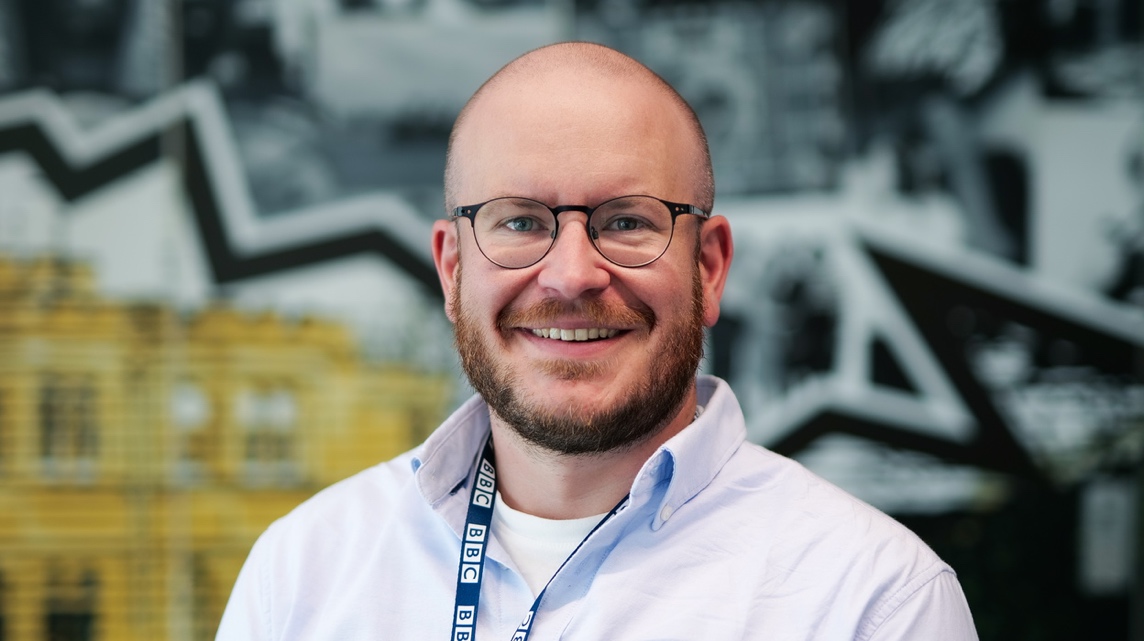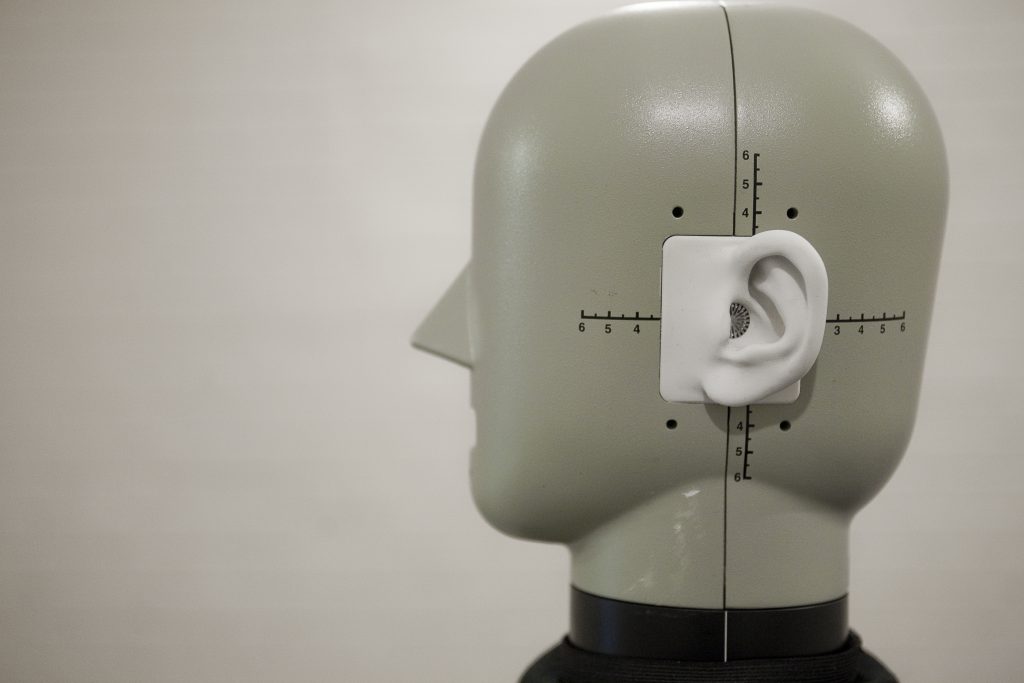Wed 20th September 2023 12:00 – 13:00. This seminar will be in person (338, Peel Building). A teams link is also available to join online.
Abstract:
The Audio team in BBC R&D focusses their research on two broad areas: creating and testing next-generation audio production tools and pipelines, and improving the accessibility of audio for hard-of-hearing audiences and others. This seminar will cover our most recent work in both of these areas.
Earlier this year we conducted a live trial of next-generation audio (NGA) at Eurovision, using the Serial Audio Definition Model (S-ADM). This work used our own ADM production tools, and involved collaboration with a number of industry partners, other parts of the BBC, and the EBU. The implementation of S-ADM for live broadcast will be presented. Part of this work used our recently released EAR Production Suite v1.0 software for Reaper. This is the only open-source next-generation audio software to use the Audio Definition Model (ADM) open standard, and the improvements we’ve made to the software will be discussed, including new ambisonic and binaural monitoring support.
Our work in accessible audio will also be presented, starting with a large-scale survey of audiences’ perception of TV audio using a modified version of the TV10 questionnaire. The results validate the previous smaller sample surveys, show increasing subtitle usage among younger audiences, and provide some possible justification for dialogue enhancement. Over the summer we ran a blinded, pilot study of a simple 9 dB dialogue boost, using a system called Platform for Experience (PX) and four episodes of His Dark Materials. This system allows experimental versions of iPlayer to be presented to participant’s in their own homes using their own televisions. Preliminary results show that many participants either favoured the dialogue-enhanced version or did not notice a difference. In addition, we collected volume control interactions for all participants over 4 weeks, and the preliminary results of this analysis will be presented.
Alan Archer-Boyd. 
Alan co-leads the audio team in Applied Research, Production, working on accessible audio mixes and binaural production. He received an MSc in Acoustics and Audio Technology from the University of Edinburgh in 2009, and completed his PhD thesis on “Experimental investigations of auditory externalization and the application of head-movement information to hearing-aid signal processing” at MRC Institute of Hearing Research in 2014.
He has worked as a researcher at the Ruhr Universitaet Bochum, Germany, and MRC Cognition and Brain Sciences Unit, University of Cambridge, where he maintains an active role as a visiting scientist.
Alan has research experience in subjective listening tests, hearing-aid and cochlear-implant signal processing, and head movement and spatial audio.
